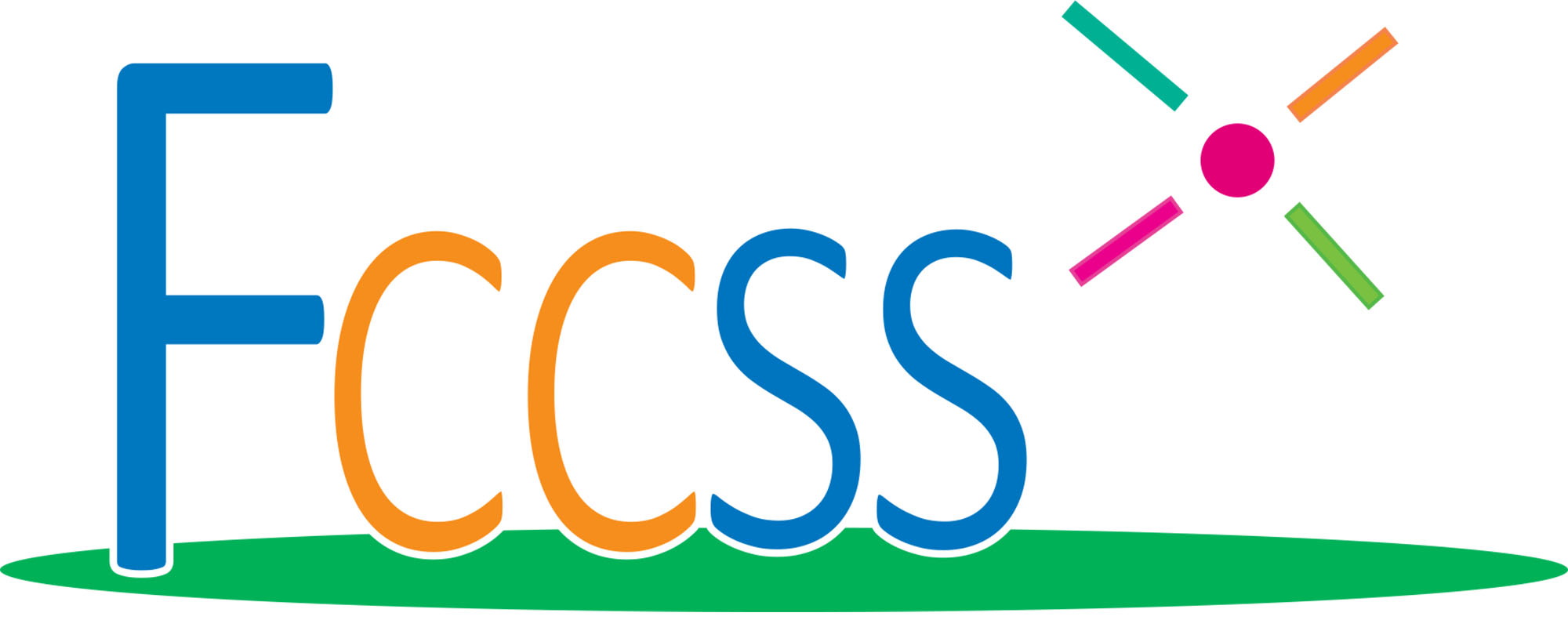Access to loan-related insurance
The right to be forgotten
Difficulties in accessing insurance for a home loan have been reported by cancer survivors.
In France, a law called “the right to be forgotten” was recently adopted to help cancer survivors to access loan-related insurance. The problems that cancer survivors faced when trying to get a loan-related insurance before the adoption of this law were multiple. The insurer could 1) ask for higher premiums and/or 2) limit the insurance policy by excluding certain risks, or 3) refuse to offer any insurance policy. According to this new law, cancer survivors diagnosed before age 18 do not have to disclose their past history of cancer to the insurer once they reach five years after the end of treatment. For a cancer diagnosed at age 18 or above, survivors have to wait ten years after the end of treatment instead of five years. In addition, for some specific combinations of cancer site and stage without relapse, insurance companies have to offer loan-related insurance policies with standard conditions (i.e. no higher premiums, no exclusions) within a shorter period of time (i.e., less than 10 years after the end of treatment). The extension of the reference table to other types of cancer and other diseases is not only an ethical issue involving principles of equity and solidarity, but also a scientific challenge.
A study was conducted before the adoption of “the right to be forgotten”.
The aim of this study was to describe difficulties experienced by adult survivors. A total of 1,920 survivors treated before the age of 18 in five French cancer centers responded to a questionnaire in 2010. Survivors who had tried to obtain a loan were asked if they had experienced difficulties, which were defined as experiencing rejection, higher premiums, or exclusions. The questionnaire investigated health problems related to the circulatory, respiratory, digestive, urinary, endocrine, hormonal, and nervous systems. Second tumors, diabetes mellitus, cardiac disease, and stroke were ascertained from a physician’s report or medical records. Multivariable analyses were conducted to identify the characteristics of survivors reporting difficulties.
Difficulties were experienced by 10.4% of those who had tried to obtain a small loan (n=787) and by 30.1% of those who had tried to obtain a home loan (n=909). Disclosure of childhood cancer to the insurer and amputation surgery were negatively associated with insurance accessibility, even when controlling for age, gender, education, health-related unemployment, familial situation, and severe or life-threatening conditions such as cardiovascular diseases, second cancers, or diabetes.
This study showed that the financial burden of cancer can extend decades after diagnosis.
